VOICES: NEVER FORGETTING BY KIMBERLY A. MATTHEWS, PH.D & RAYMOND PIERRE HYLTON, PH.D
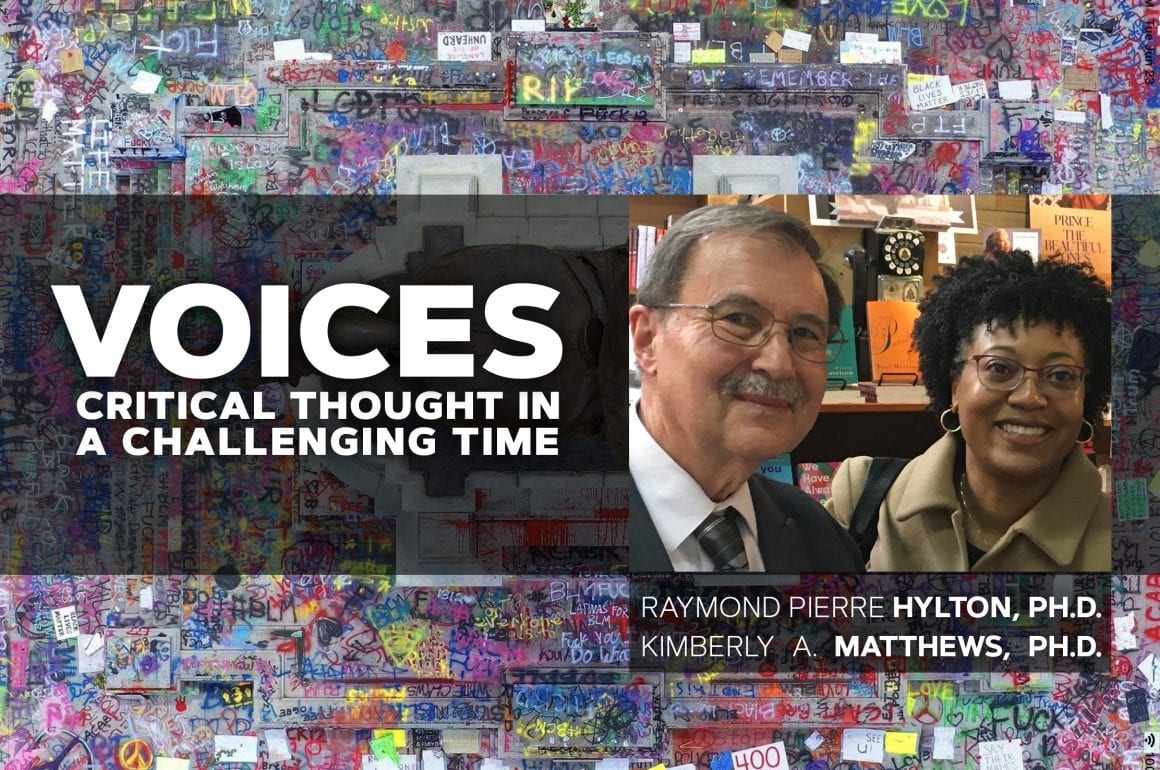
One of the first efforts that shaped the Campaign for Human Dignity in the 1960s happened right here in the former capital of the Confederacy. Protests are nothing new to the City of Richmond.
Sixty years ago, at least 300 Virginia Union University students assembled and marched from campus to Richmond’s downtown. There 34 students, known as the Richmond 34, were arrested on Broad Street on February 22, 1960, which was the largest mass arrest up to that time. The students were arrested for sitting and asking for service at segregated restaurants and lunch counters at Richmond’s Thalhimer’s Department store. The students were verbally abused, spat at, and at least one woman had hot coffee deliberately spilled on her.
This protest precipitated the destruction of legalized racial segregation, was the catalyst for the collapse of a long-established way of life, and changed the direction from which there would be no turning back. The students would see their actions galvanize a community into affecting wide-ranging reforms in desegregation and play a significant role in ending the nearly 70-year grip on power of one of the nation’s strongest political regimes, the Byrd Machine, named after governor, longtime US senator and architect of massive resistance, Harry Flood Byrd, Sr.
In some ways, we are parallel with 1963, and now, as they were then, are likely on the verge of a massive turnaround. There was as rapid, almost instantaneous sea-change in many people’s perceptions, as we are currently witnessing now in 2020. Many have speculated what turned the tide of public opinion on a dime during that year, the “Children’s Crusade” in Birmingham?; the Danville Movement?; Dr. King’s Speech in Washington?
But unfortunately, the fact appears to be that the pivotal events were those that were the most painful and horrific: the bombing of the 16th Street Baptist Church in Birmingham on September 15, 1963, with the murder of the four innocent girls there for Sunday School, parallels the agonizing video recorded death of George Floyd.
In each instance, the American public was traumatized with an image of such stark brutality that very few consciences could equivocate any longer, and immediate, drastic action could not be delayed. We know that in 1963 the wave of popular demand for change spilled over into 1964 and overcame the toughest opposition from Southern segregationists to pass the Civil Rights Act of 1964, and propel its supporter, President Lyndon Baines Johnson, to a landslide election victory.
One of the Richmond 34 students, in fact, the first to be arrested, was Dr. Leroy M. Bray, Jr., who is currently a Pastor in South Richmond. Dr. Bray made a timely observation that struck and still strikes a chord: “Forget the hatred; but remember the history.”
Never forget the unjust and tragic execution of African American minor Virginia Christian, the sinister agenda of Walter Plecker, who attempted to destroy the identity of Virginia’s Native American population, the long-lasting educational and economical effects of massive resistance and Jim Crow, the disenfranchisement of the African American voter with the use of poll taxes, biased literacy tests and annexations, the persistent and deliberate redlining that perpetuates racial segregation among homeowners, and the strategic and devastating destruction of Jackson Ward and Navy Hill.
We task you to learn about, remember and share these horrific historical events and to use your power and influence, time, talent and skills to make certain history does not repeat itself.
Kimberly A Matthews, Ph.D., Assistant Professor at Virginia Commonwealth University
Raymond Pierre Hylton, Ph.D., Professor, Virginia Union University


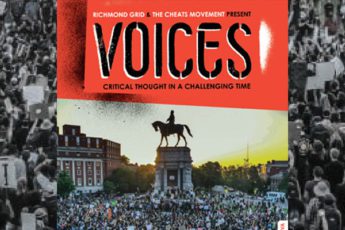
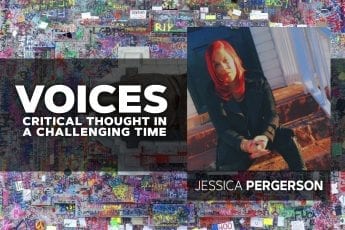
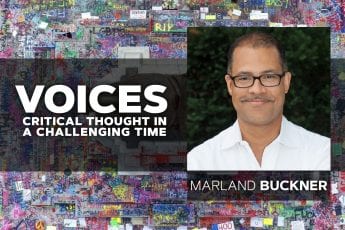

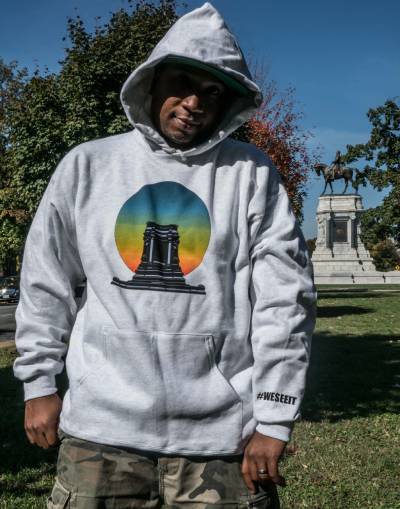 The Cheats Movement is dedicated to hip-hop culture, politics, and community activity. We see our community different than most, therefore, #WESEEIT
The Cheats Movement is dedicated to hip-hop culture, politics, and community activity. We see our community different than most, therefore, #WESEEIT
Leave a Comment